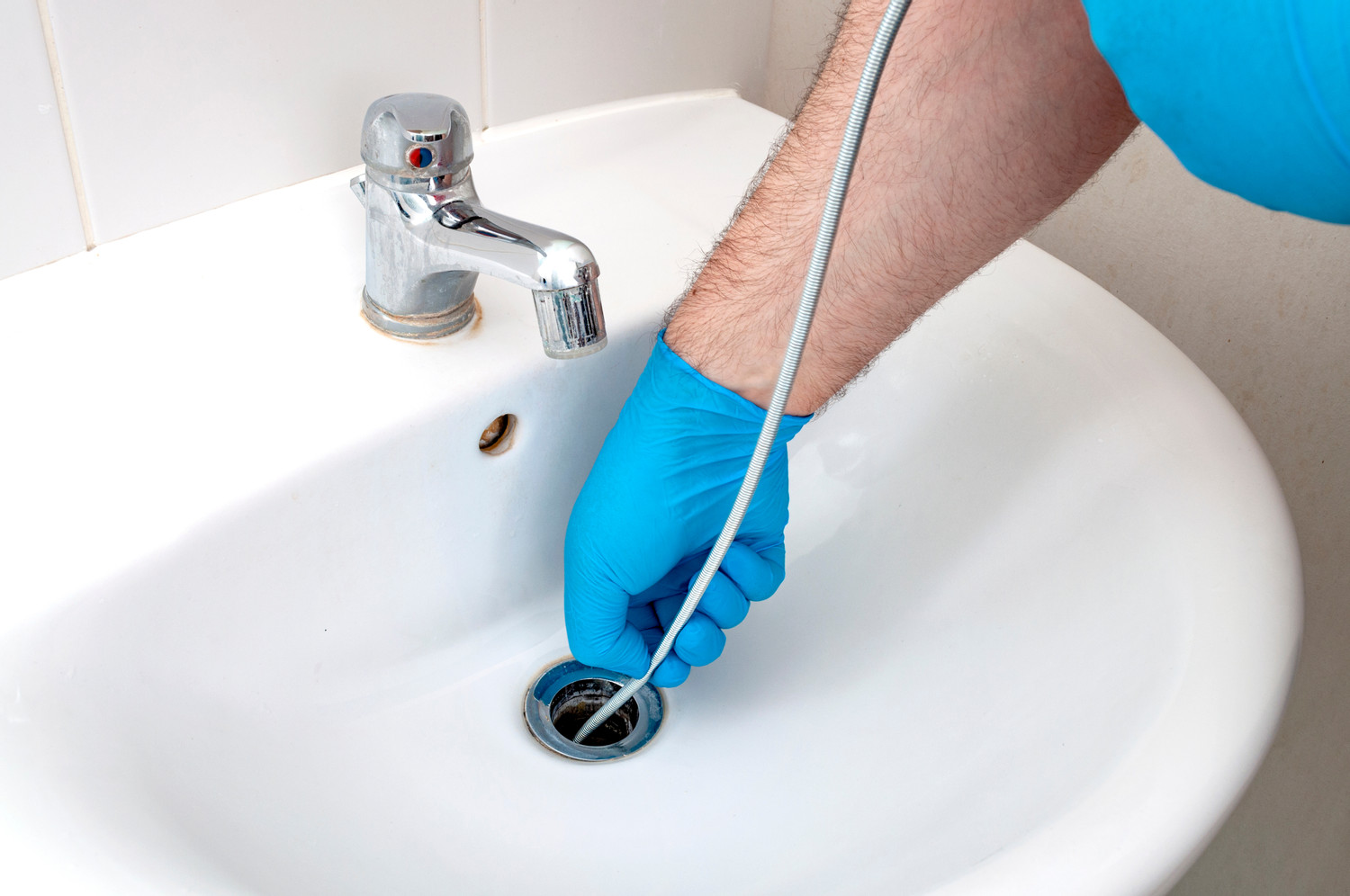Facing a clogged bathroom sink drain can be an unexpected and frustrating ordeal for many homeowners. But, what if you could become your own plumber and fix the problem without spending a fortune? In this guide, we delve deep into the world of sink drain blockages and offer practical solutions to unblock your bathroom sink. With easy-to-follow methods and expert tips, there’s no need to let a blocked sink ruin your day. Let’s dive in!
Understanding the Blocked Sink
What causes a sink to clog?
Every day, a lot of stuff goes down the drain, from soap scum to hair strands. Over time, these elements combine with the grease and other residues in the sink drain, leading to a blockage. Bathroom sinks, in particular, are susceptible to clogs due to the combination of soap, toothpaste, hair, and other residues that accumulate.
Why is my bathroom sink blocked?
There could be various reasons for a blocked bathroom sink. It might be a simple blockage close to the surface, or it could be deep within the drain. Identifying the cause helps in choosing the best method to unblock the sink.
Methods to Unblock a Sink
How to unblock a sink with a plunger?
If your sink isn’t completely blocked and there’s some standing water, remove as much excess water as you can. Place your bathroom plunger over the drain, ensuring it completely covers the entire plughole. Push down gently to create suction and then pull up forcefully. This should clear the blockage. After using the plunger, pour a whole kettle of boiling water down the drain to flush out any remnants.
Can you unblock a sink without a plunger?
Certainly! Here’s a popular DIY method:
- Pour a cup of baking soda down the drain.
- Follow it with a cup of white vinegar. The baking soda and vinegar mixture will create a fizzing reaction, helping to break down the clog.
- After 30 minutes, pour boiling water down the drain to clear the blockage.
Other methods include using a drain snake or drain auger to manually remove the blockage. Alternatively, commercial drain cleaners are available but use them with caution, as chemical drain cleaners can be harsh on pipes.
When DIY Doesn’t Work
What if my sink is still blocked?
If after trying the above methods your sink is still blocked, it might be a deeper issue. At this point, you might need to remove the u-bend underneath the sink and clear the blockage manually. Make sure to place a basin underneath to catch any water. If you’re unsure, it’s best to consult a plumber.
When should you call a plumber?
If you’ve exhausted all DIY methods, or if you’re not comfortable disassembling pipes, it’s time to call in a plumber. They will have specialized tools and expertise to fix the problem.
Prevention is Better Than Cure
Why is it essential to keep your drains unclogged?
Regular maintenance of your sink drain ensures smooth water flow, reducing the risk of overflow and potential water damage. Additionally, blockages can lead to unpleasant odors and unsanitary conditions.
What are some effective ways to unclog?
To prevent future clogs:
- Regularly pour boiling water down the drain.
- Avoid letting soap scum and hair accumulate.
- Use sink strainers to catch larger debris.
- Clean your drains monthly with the baking soda and vinegar method.
What will dissolve a blocked drain?
A blocked drain can be a significant problem in any household and can lead to issues like overflow, bad odors, and even potential health hazards if not addressed promptly. To dissolve a blocked drain, various methods come in handy. One way to do so is by using homemade remedies such as a mix of vinegar and baking soda, which can significantly help in breaking down most of the common buildups. In more severe cases, enzymatic drain cleaners or chemical drain openers might be necessary. They include substances that are capable of eating away at hair, grease, soap buildup, food waste, and other common blockage culprits.
What will dissolve hair in a drain?
Several substances can dissolve hair in a drain, including certain chemicals and natural ingredients. The most recognized and commonly used chemical is sodium hydroxide, found in various drain cleaning solutions. However, caution must be exercised when using such harsh chemicals due to their potential health and environmental risks. Alternatively, natural methods include using a mixture of baking soda and vinegar. This combination causes a chemical reaction that can break down the hair, making it easier to flush through the drain. The use of biological cleaners, containing bacteria or enzymes, can also effectively degrade hair. Remember, safety should be a priority when dealing with clogged drains.
In Summary:
- Understand the reasons behind a clogged sink.
- Use simple DIY methods like a plunger or the baking soda-vinegar combo to unblock your bathroom sink.
- If DIY methods fail, consult a plumber.
- Regular maintenance is key to preventing future blockages.
Next time you face a clogged bathroom sink drain, remember these tips, and you’ll be well-equipped to tackle the challenge!


